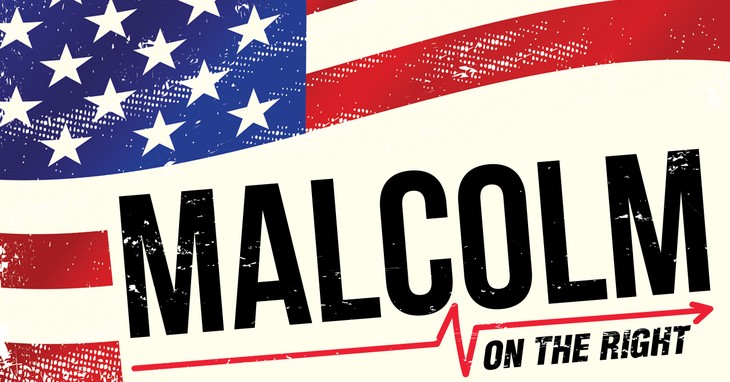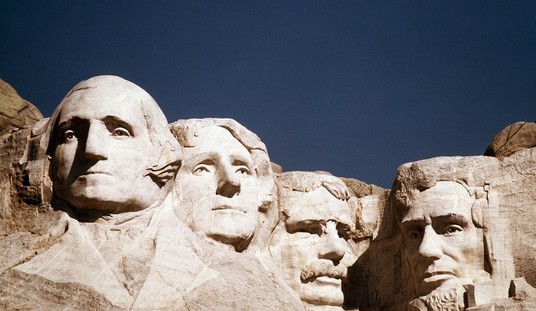Many years ago, I took a toddler to his first July 4th fireworks show. He was very excited because I was, and because I’d told him it was a birthday party outdoors — and in the dark. Fireworks he knew not. We sat on our blanket in a meadow with hundreds of other families strewn about. The waiting was interminable.
Suddenly, a loud whoosh. A giant mortar round shot out of its tube and soared high, announcing the show’s start. No exploding sparks. No whirling screamers or colored crackles. Just the loudest THUNK he’d ever heard, ruffling shirts all around. My son’s eyes were wide open. Very WIDE.
He jumped up. Grabbed his teddy bear. “O.K.,” said the little boy in shorts. “Yet’s go.”
Over the years in many lives, it seems, holidays lose their original meaning, depending on family tradition and the tragic decline in school history lessons. The birthday of our founding president has somehow become an opportunity to get an incredible deal on a mattress at your local furniture store.
Decoration Day began at the end of the Civil War when Southern mothers began decorating any soldiers’ graves. In my childhood, Decoration Day meant red, white, and blue crepe paper in my bicycle spokes for the small-town parade.
The individual birthdays for George Washington (Feb. 22) and Abraham Lincoln (Feb. 12) got expunged. Now, they’re lumped into a meaningless Presidents Day, despite only a few presidents being worthy of that honor.
Christmas has become terribly commercial. New Year’s is forced joviality, thanks to the likes of Ryan Seacrest and holiday music acts taped last summer. For me, Thanksgiving with its enduring focus on family and gratitude has held its original intent the best. And given my family heritage, we celebrate both U.S. and Canadian Thanksgivings.
The practice of politics has changed too. The Founding Fathers opposed political parties because they believed, rightly, that parties would prioritize their own interests and bastardize the important process of selecting qualified officeholders for the country at large.
Many comment about the extreme partisanship in today’s public affairs. Gallup has noted:
Recent Gallup analyses show just how much our political identity today is a part of our views of a wide variety of other aspects of life, which often are not directly related to politics.
Personal political identity affects views of the nation’s healthcare system, how one views the economy, one’s overall satisfaction with the way things are going in the nation, views of the safety of the nation’s schools, worry about mass shootings, views of the state of the environment, job satisfaction, views of one’s personal life situation, among others.
Each political identity has a set of narratives that are overlaid on the day’s events to be used as confirmation of beliefs that are already firmly held or argument ammo that won’t convince anyone because so many Americans no longer listen to each other.
So, there’s tons of arguing going on nonstop, So much that many of us simply tune out. But virtually no convincing.
“I talk, therefore I’m right.” And in a perverse way, this unproductive status suits our arthritic political parties just fine. As the Fathers well knew, to achieve victories in elections, parties must divide voters into two camps – Us and Them. The party with more Us voters in the right places wins the office and power.
They use issue buttons to instill crowd discipline. For Donald Trump, it was the media and RINOs and now the claim that his 2020 election victory was stolen.
This fall, desperate Democrats, who face a grim midterm outlook given inflation and the record low job approval of a president who needs notes to tell him to say hello and sit, hope to use the end of national abortion as their turnout button. Even though polls show abortion far down the list of current citizen concerns.

For a long while, these baskets of grievances were hauled out for election campaigns and then stored away for the next voting cycle while the elected focused on accomplishing other goals. I once asked a senior Senate aide why a couple of those perennial issues were not solved now that his party was in control. He smiled and patiently explained they were too useful as evergreens for fundraising and election rallying each cycle.
Now, however, election campaigns and their fundraisers have become extremely expensive. Because, you may have noticed, they never stop.
Ticket prices had to be lowered for lack of interest. But despite the war and border chaos, Kamala Harris spent a good part of this past holiday week with Democrat donors in the San Francisco area. When Barack Obama retired, he’d averaged one fundraiser for every one of his 416 weeks in office, even without impending elections.
Today, thanks to media that is hardly nonpartisan, to 24/7 social media with their often anonymous acrimony, and to my eyes a broad decline in social decorum and general intelligence among voters and candidates, there seem no limits to expressions of partisan opinion and vituperation.
This is not conducive to intelligent debate, increased citizen participation, or attracting worthy, articulate candidates to participate. This does attract the yellers, however, who easily reap more than their share of media time. Can you say Adam Schiff or Sheila Jackson Lee?
People complain about this constantly and call for term limits, which will never happen. Congress itself would need to pass the constitutional amendment on their own jobs and then 37 states ratify it. Good luck with that these days.
Job approval of Congress is holding steady at a paltry 16 percent, meaning upwards of 84 out of 100 Americans disapprove. The electoral reality, however, is that voters can impose their own term limits any time they want simply by voting incumbents out of office.
Another electoral reality is that in recent elections, more than 90 percent of House incumbents won reelection. That does not go unnoticed by officeholders, that voters whine and complain, but in the end, they’re hypocrites just like those in office and vote to reelect. Or fail to vote and permit renewed terms.
This year is unusual in that 50 representatives (about 12 percent) of the 435 members are not seeking reelection. Of those 50, 18 are Republicans and 32 Democrats, who see doom looming come Nov. 8.
Some years ago, I happened to fly cross-country on a clear July 4th evening. At 500 miles an hour, our speed roughly coincided with the Earth’s rotation, so we tracked dusk as it sped across this grand land. Far below, from city after city, town after town, continuous clusters of bright explosions shot into the sky for invisible crowds sitting on lawn chairs and blankets, many no doubt experiencing the patriotic explosions for the first time.
From six miles above, I, of course, could not hear the oohs and aahs, the loud THUNKS that ruffle shirts and thrill me every time. Nor could I hear the perpetual arguing, whining, and even yelling of everyday life in our nation.
But I did witness for several inspiring hours scores of these colorful celebrations erupt thousands of feet below, one after another, as my countrymen marked the birthday of their United States.
These displays were silent but useful reminders of a national cohesion that is possible if we could ever focus on the more important things that unite us, instead of the petty, passing noises used to distract and divide us.
Yet’s go.














